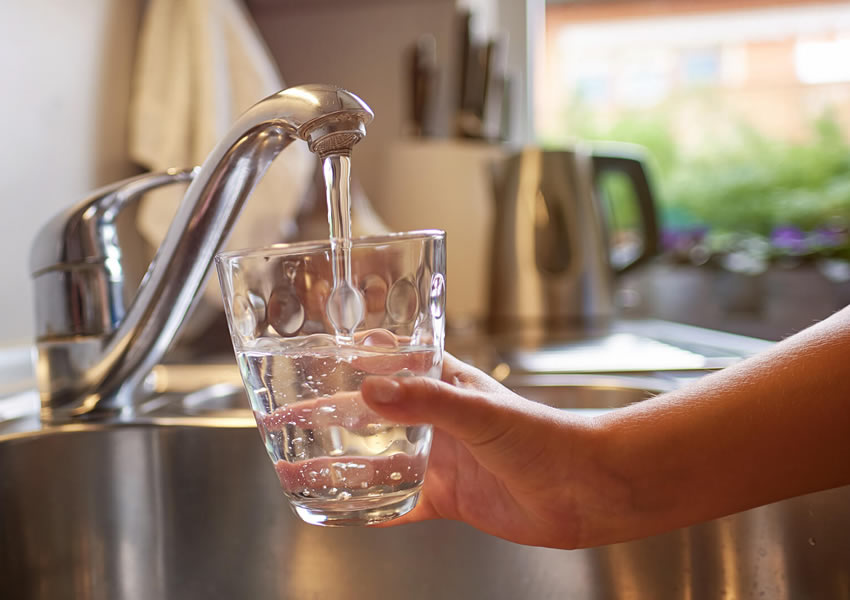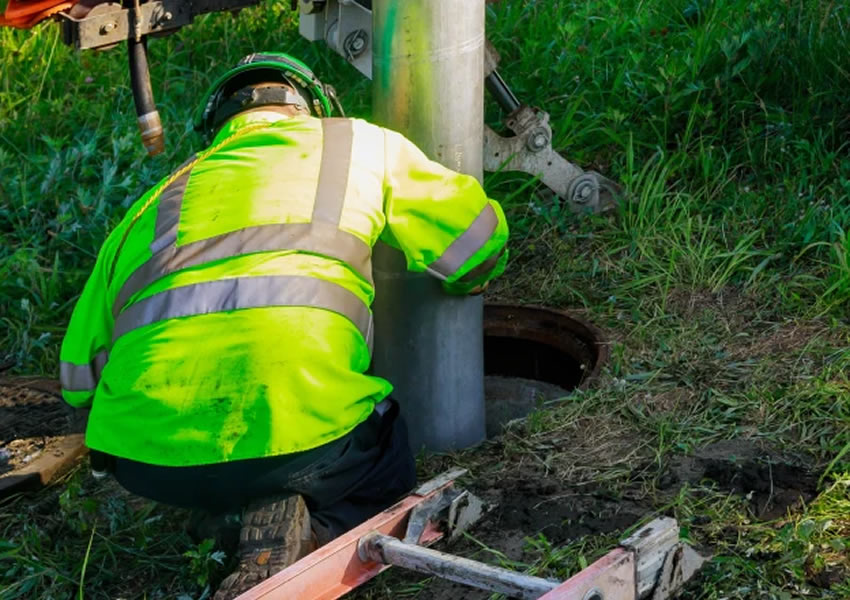Bronze nails provide the best fastening method and are especially advantageous for maritime use. The majority of commercially available bronze nails and screws are alloyed with silicon.
Silicon bronze, simply known as bronze, is an alloy made mostly of copper and tin with a small percentage of silicon. Marine-grade bronze is excellent for applications under the water-line and boat building.
Screws vs Nails which are best for boat building
Other fasteners might be made of different materials such as stainless steel, brass, and copper, while other types of fasteners include screws, bolts, anchors, and rivets to consider as choices.
Bronze shank threaded nails are less brittle; thus, they provide greater shear strength. Screws, on the other hand, have shafts that might hold better in wooden boat building and siding but are brittle.
Screws have wider shafts that damage wood making future repairs harder. With their thinner shafts, nails are less likely to split wood, making them a better option with boat work like decking, siding, and other details.
Bronze nails come threaded with ring barbs that create a locking effect preventing loosening. This thread design produces a holding power similar to wood screws. They are recommended for wood or in situations in which the parts fastened should be securely held in place.
Silicon bronze nails are preferred for boat building with greater durability and a more aesthetic natural aging finish. Bronze will age to have an appearance similar to exposed copper.
When choosing nails keep in mind that nails have less tensile strength but greater shear strength. This means that nails may bend under pressure but will rarely snap.
Why use Bronze?
The marine industry places very high demand and stress on materials in its use. The high salt content in the water and the ocean currents are only two of the many factors promoting corrosion.
However, there is an element that can best withstand the harsh conditions of the oceans, bronze. Bronze does not corrode due to its minimal iron content but might react to oxygen in other ways. This makes it naturally more resistant to corrosion than copper.
Bronze is better than steel for an airtight location, boat siding, and embedding fixtures into a deck. This is because stainless steel requires constant exposure to air to prevent its coating of Chromium Oxide from wearing off.
Chromium Oxide is the substance responsible for protecting stainless steel screws or nails and preventing corrosion.
In comparison, bronze is as hard as stainless steel. Bronze does not need exposure to air to maintain integrity and resistance to corrosion and under heavy maritime elemental exposure steel will corrode without a high-quality protective coating.
When compared to brass, bronze is particularly a stronger material. The grip fast nature of silicon bronze ring nails provides fast positive holds on the first installation. Bronze is similar to copper in color and is also sometimes used in wood finishing.
The bottom line is that bronze nails are the best fastener in the sea and marine applications. When alloyed with silicon bronze becomes very resistant to corrosion.
Bronze nails are a better fastening method for boat building as nails are more durable, easier to work, and aesthetically pleasing. The main drawback of silicon bronze nails is their high cost compared to other types of fasteners including steel screws.





